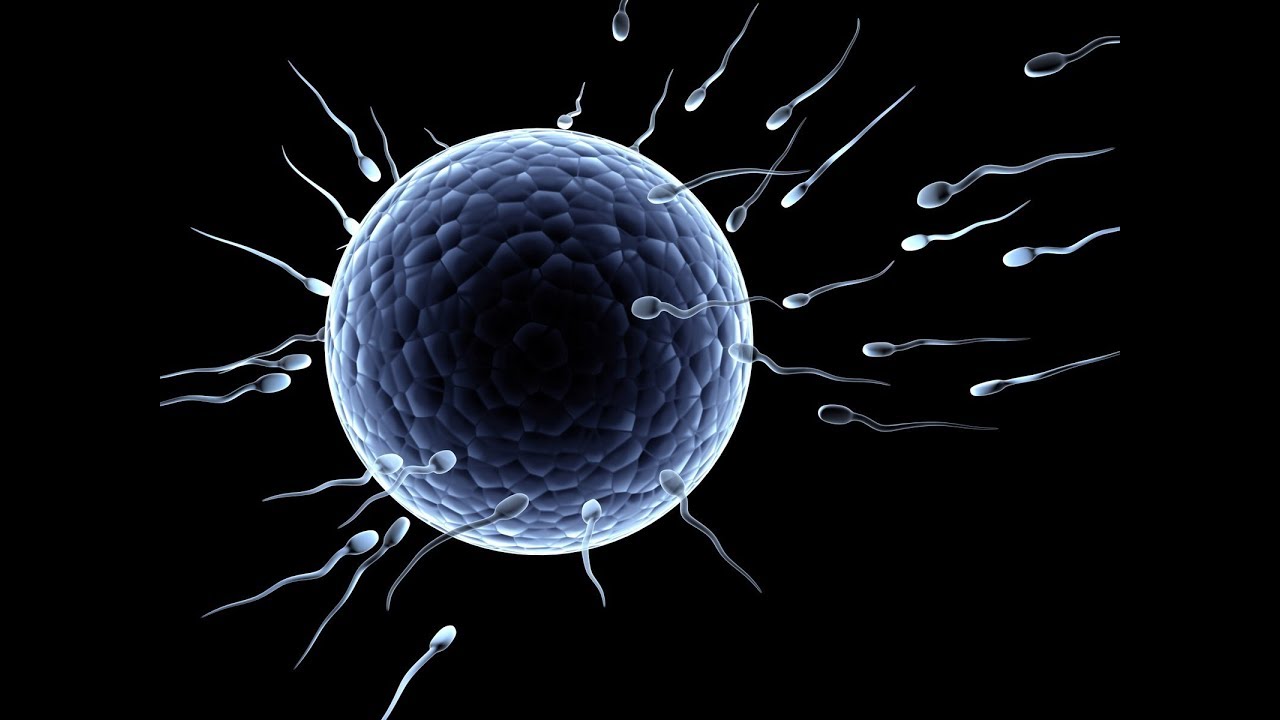When a couple doesn’t get pregnant after a year, statistically that couple has an abnormal situation and there is reason to suspect something may be wrong, even if no one knows what it is.
However, people who have been diagnosed with infertility can and do get pregnant without treatment. The likelihood of that happening will depend on the cause for their reduced fertility, such as their age, and how long they have been trying. The odds may be very small but not necessarily zero.
Certain causes of infertility are less likely to lead to a spontaneous pregnancy. For example, a woman diagnosed with premature ovarian failure is significantly less likely to get pregnant on her own than a couple diagnosed with unexplained infertility.
Also, the longer a couple has been trying unsuccessfully, the less likely it is that they will get pregnant on their own. But it’s still possible in all these cases.
There is some belief that if you adopt, you’ll finally become pregnant. The fact is that adoption is not a fertility drug. It is true that couples that have faced infertility may get pregnant after adoption. However, neither adoption nor relaxing is the reason pregnancy might occur.
It’s not out of place that couples also get pregnant spontaneously after needing IVF previously. It happens, but it’s not a phenomenon.
There are many misconceptions on fertility, IVF, and fertility treatments in general. One of the most common myths about infertility is that it is a female problem, but this is far from the truth.
Infertility is a couple’s problem, not a female problem. It occurs in men and women almost equally.
Approximately one third of couples struggling with infertility is as a result of male factor infertility, another third is as a result of female factor infertility, while the remaining third is usually a combination of both male and female factor fertility issues or unexplained infertility.
One other common myth is that if a man can ejaculate, his fertility is fine. This is not true.
For the vast majority of men with male infertility, there are no visible or obvious signs that anything is wrong. Healthy erectile function and normal ejaculation are not guarantees that your sperm is in tip-top shape.
It’s also a common myth that if a man’s fertility is compromised, this means his sexual performance is the problem. This is not true.
Problems with sperm count, shape, and movement are the primary causes of male infertility. You can’t tell that there is a problem with your sperm by looking at the semen.
Can cough medicine help a woman to get pregnant? The answer is no, however, the idea that cough syrup can improve fertility or even act as an over-the-counter fertility drug has been around for a long time.
The theory behind this myth is that cough expectorants work by thinning mucus secretions. Cervical mucus is an important part of female fertility, and in some women, it may be thicker than normal or not as abundant.
By taking enough of the expectorant, you can increase your cervical mucus secretions and boost fertility. But it doesn’t really work. There’s no proof that cough syrups improve your cervical mucus enough to make it easier to get pregnant.
The truth is that infertility is much more complicated than only a cervical mucus problem. If there are problems with cervical fluids, it is likely a symptom of underlying fertility issues that are going to be more complicated to solve.
Yet another myth is that clomid can help you get pregnant faster. This is also not a fact. Clomid is not a magical fertility portion that helps anyone get pregnant faster. There’s a misconception that if you’re having difficulty getting pregnant—or you just started trying to conceive, but you want to do it faster, all you need is a prescription for Clomid. This isn’t true.
Clomid is a good fertility drug for its intended use, that is, to stimulate ovulation in women with irregular or absent ovulation. But if you don’t have any ovulatory issues, Clomid won’t help you conceive faster.
On the contrary, Clomid can decrease some aspects of fertility as it reduces the fertile quality of cervical mucus. It makes cervical fluids stickier and less abundant. Cervical mucus helps sperm survive and swim from the cervix up into the reproductive system. Clomid also can thin your uterine lining, especially if used repetitively cycle after cycle.
If you weren’t having problems that require Clomid and you take it, you haven’t improved your fertility. You have more or less added an obstacle.
It’s important to keep in mind that Clomid can’t help if male infertility is involved or if you have structural female fertility issues, like blocked fallopian tubes. This is why a fertility evaluation is important before you try any treatment option.
Having experienced infertility doesn’t mean it’s impossible for you to get pregnant. It’s just very unlikely. How unlikely depends on why you couldn’t get pregnant in the first place.
Most People Need IVF Treatment
The truth is that not all infertility treatments involve IVF.
Whether or not you will need IVF, depends on why you can’t get pregnant. Issues like blocked fallopian tubes and severe male infertility require IVF treatment, but there are other reasons your doctor may recommend moving onto the advanced reproductive technology known as IVF
It is a common perception that young men and women can’t be infertile. The older you are, the more likely you are to face infertility. However, young men and women also face infertility. Age-related infertility is only one possible cause of decreased fertility. There are more women struggling with fertility after age 35, but almost 1 in 10 face infertility even before they reach age 30.
Indeed age is an important factor to consider, but there is a common misconception that if age-related infertility does strike, you can always do IVF. Things are not that simple. Just as your natural fertility declines with age, your odds for success with IVF treatment also decline with age.
Women may opt to use donor egg IVF if age-related infertility stands in the way of parenthood. But donor eggs are an emotive option and not an avenue every couple is interested in taking.
It has been commonly argued that IVF often leads to multiple conception and birth, but this isn’t essentially so.
Actually the likelihood of high-order pregnancy (triplets, quadruplets) is decreasing in IVF. With IVF treatment, embryos must be transferred back to the uterus and except in special situations, IVF doctors do not transfer more than two embryos at a time.
In fact, what is known as elective single embryo transfer (eSET) is becoming more popular. This is the ideal path to have a healthy, singleton pregnancy. There is still a risk of twins but it’s significantly reduced.
If you don’t give up, will you eventually get pregnant? Couples who decide to stop trying are sometimes pressured by those inside and outside of the fertility community for giving up too soon. You may be told, “If you just kept trying, you’d eventually get pregnant.” This simply isn’t true. Investigation is important and helpful.
A previous pregnancy success doesn’t guarantee ongoing fertility success, so the fact that you have a child already does not rule out chances of infertility.
Things change with time and age. Sometimes, a new underlying medical condition develops. Sometimes, a fertility condition that always existed gets worse. So, while it didn’t prevent pregnancy before, now it’s become a problem. Sometimes a previous pregnancy causes a new fertility problem.
Even if you’ve gotten pregnant on your own before, if you’re struggling to get pregnant with another child, talk to your doctor. There could be something wrong.
There’s a lot of misinformation out there, and some information sources contradict others. Get the facts and take necessary action.




